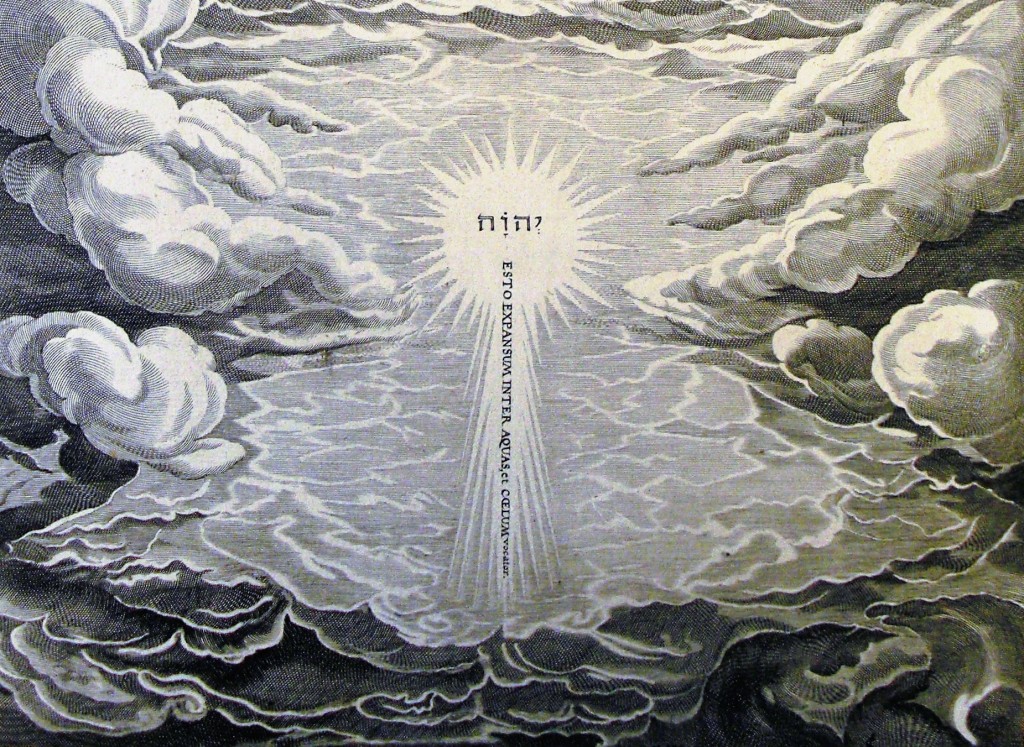Last week, The Gospel Coalition’s Justin Taylor posted an article entitled, “Biblical Reasons to Doubt the Creation Days Were 24 Hour Periods.” In my opinion, it’s a terrific piece. I’ve been familiar with several of Taylor’s points since reading Vern Poythress’s excellent book Redeeming Science (which Taylor cites), and I found Taylor’s summations clear, fair, and hermeneutically responsible. Here’s a brief excerpt:
Genesis 1:1 tells us that “In the beginning God created the heavens and the earth.”
This is not a title or a summary of the narrative that follows. Rather, it is a background statement that describes how the universe came to be.
In Genesis 1:1, “created” is in the perfect tense, and when a perfect verb is used at the beginning of a unit in Hebrew narrative, it usually functions to describe an event that precedes the main storyline (see Gen. 16:1, 22:1, 24:1 for comparison).
Furthermore, the Hebrew conjunction at the beginning of Genesis 1:2 supports this reading.
If Genesis 1:1 is merely a title or a summary, then Genesis does not teach creation out of nothing. But I think Genesis 1:1 is describing the actual act of God creating “heaven and earth” (a merism for the universe, indicating totality—like “high and low,” “east and west,” “near and far,” “rising up and sitting down,” “seen and unseen”). Genesis 1:1 describes the creation of everything “visible and invisible” (Col. 1:16), with Genesis 1:2ff. focusing upon the “visible.”
After the act of creation in Genesis 1:1, the main point of the narrative (in Gen. 1:3-2:3) seems to be the making and preparation of the earth for its inhabitants, with a highly patterned structure of forming and filling.
I appreciated Taylor’s piece for many reasons, one of which was his generous tone. There are no sly swipes at Young Earth Creationists, no broadsides at evangelical ignorance, and best of all, no trace of the word “fundamentalist.” Evangelicals who hold to YEC can use Taylor’s piece as a pivot to real debate and exchange of arguments, while following his pattern of good faith.
Unfortunately, Ken Ham, a man whose courage and intellect I greatly respect, hasn’t done so. His response to Taylor’s article is disappointing on every level. Rather than engage Taylor’s arguments, Ham insists that Taylor must have devious motivations in even mentioning critiques of YEC. Here’s the saddest paragraph:
I am prepared to go out on a limb, on the basis of my experience in the biblical creation apologetics ministry and of all I’ve read over the past 40+ years, to say this. When Christian leaders today are rejecting a dogmatic stand on six literal, 24-hour days of creation and a young earth, if you search their writings or question them, you will find that ultimately their thinking is being controlled by the belief in an old earth/universe (billions of years). Even though some try to claim that is not so but that they are just looking at what the Bible says, if you ask the right questions, I assert, you will find this strong influence is there. You simply do not get the idea of millions or billions of years from Scripture—it comes from outside of Scripture. The belief in millions and billions of years has so permeated the world, and has permeated the church, especially Christian academia.
This is an incredibly irresponsible reply to an article that deserved much better.
Ham is adamant that any consideration of an old earth comes from “outside Scripture,” a phrase meant to invoke fear and suspicion of heretical intent towards Christians who hold OEC. Of course, Ham has one small problem: Taylor’s article was entirely made up of arguments from the text of Scripture itself. How does Ham get around this problem? By reassuring his readers that as soon as someone has the sense to “ask the right questions” of Taylor (note how personally Ham frames the issue; “if you search their writings”, “their thinking is being controlled,” etc.), deviant, secular motivations will be laid bare, and the debate between OEC and YEC will again be shown to be a choice between faith and unbelief.
“[E]very argument he attempts to use has already been answered by others,” Ham says. Great: Why not reproduce those answers? If Ham has the time to type up a post accusing Taylor of wanting to subvert the authority of Scripture, he surely has the time to simply reproduce a few simple arguments.
If Ham believes that adherence to YEC is essential for Gospel faith, he should produce the necessary theological arguments. Until he does, Ham has absolutely no right to slough off well written and fairly argued articles that present inerrancy-friendly challenges to YEC interpretations. Ham’s response is the kind of attitude that stifles productive discussion and unnecessarily divides the church. He should, and can, do better.












